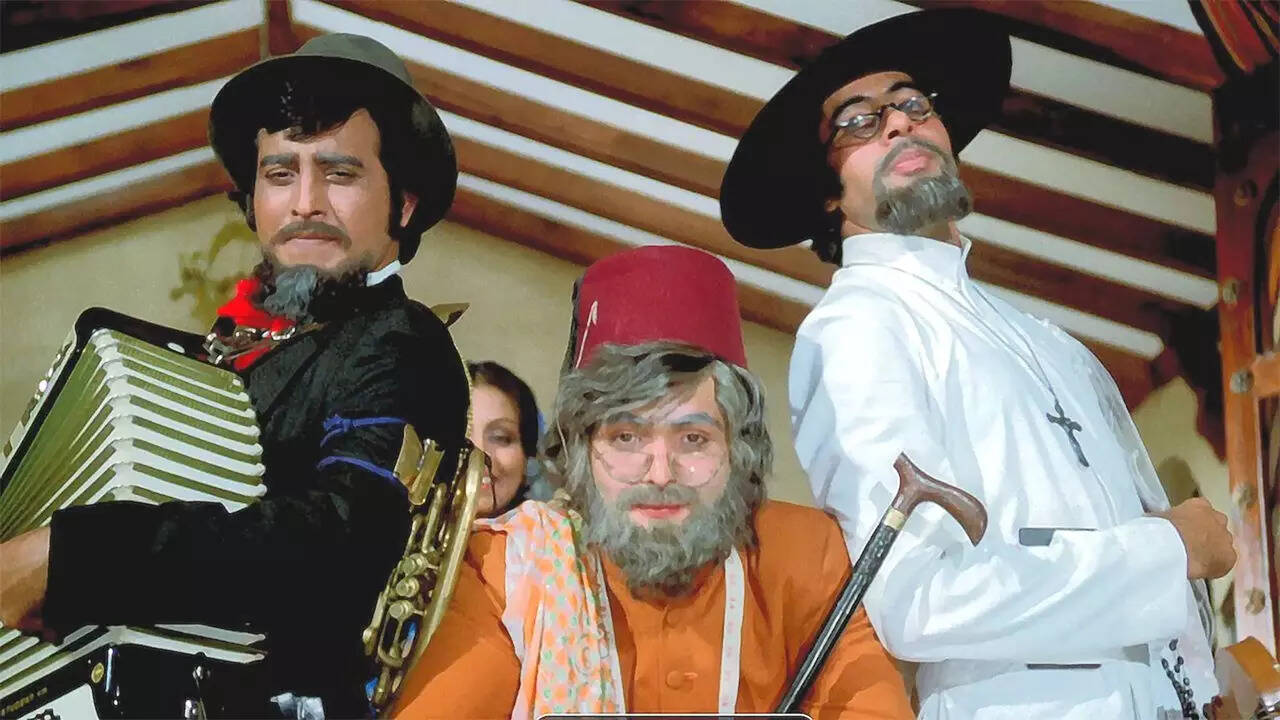The Headline
Karan Arjun's Cultural Impact
'Karan Arjun' showcased the thrilling reunion of reincarnated brothers seeking justice.
Film Critic
Key Facts
- 'Karan Arjun' became a cultural phenomenon due to its thrilling reunion of reincarnated brothers, featuring Shah Rukh Khan and Salman Khan in lead roles.
- Memorable dialogues like 'Mere Karan Arjun aayenge' contributed to the film's lasting impact on audiences.
